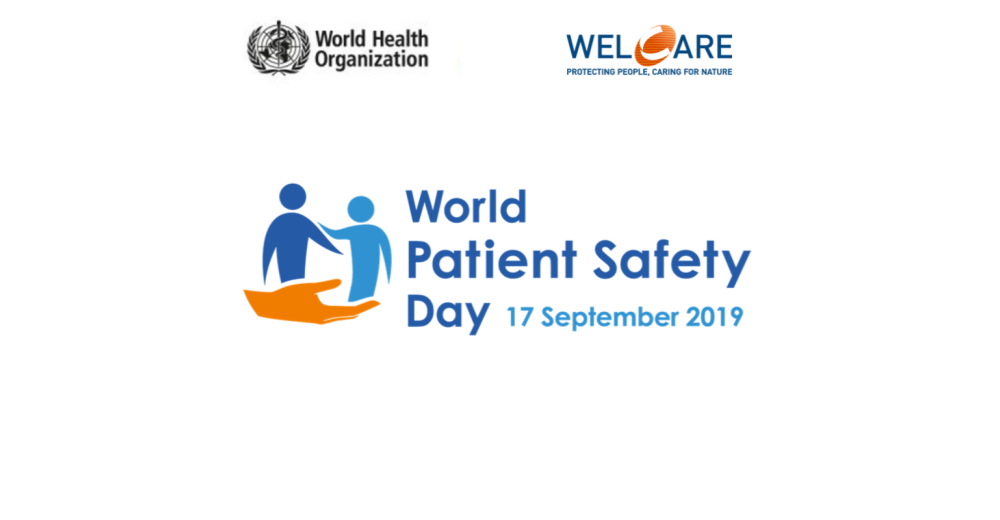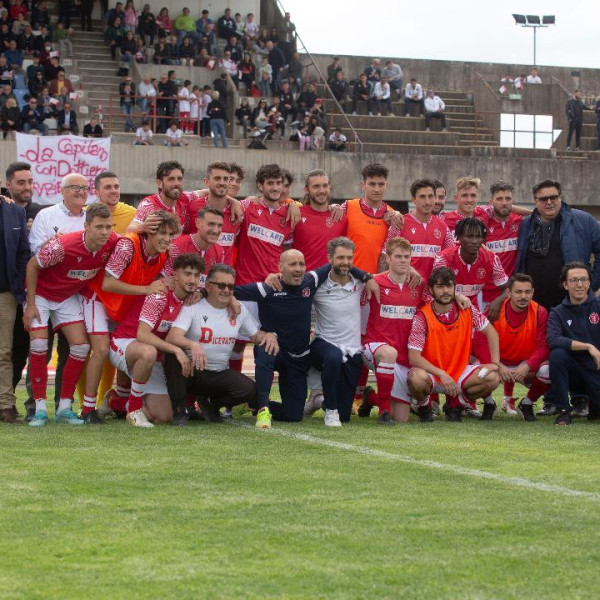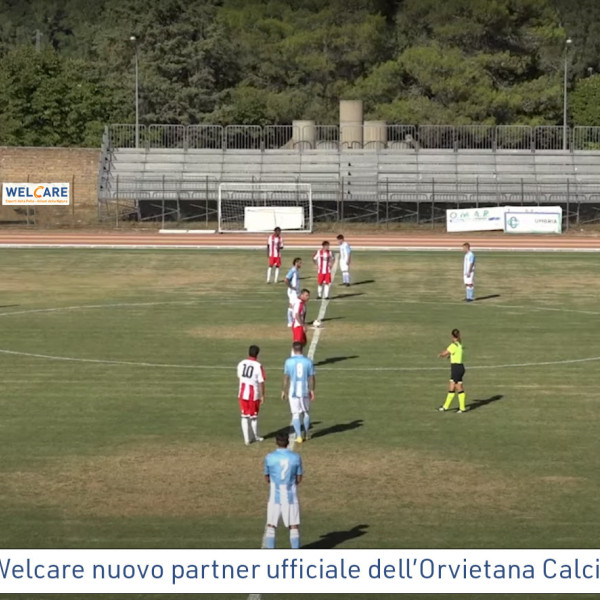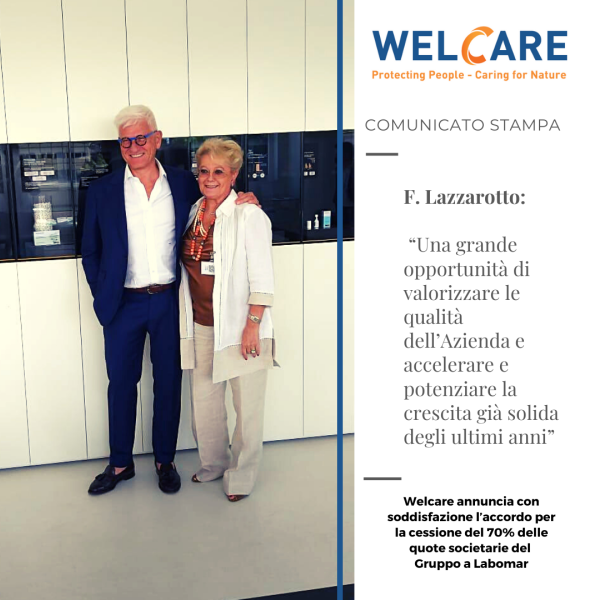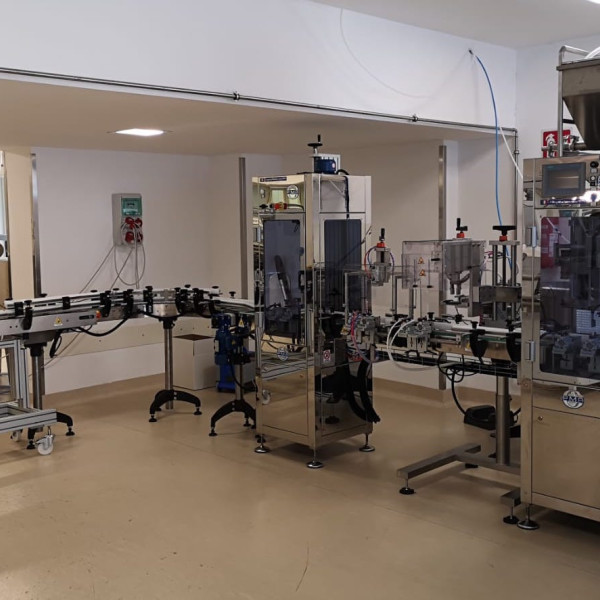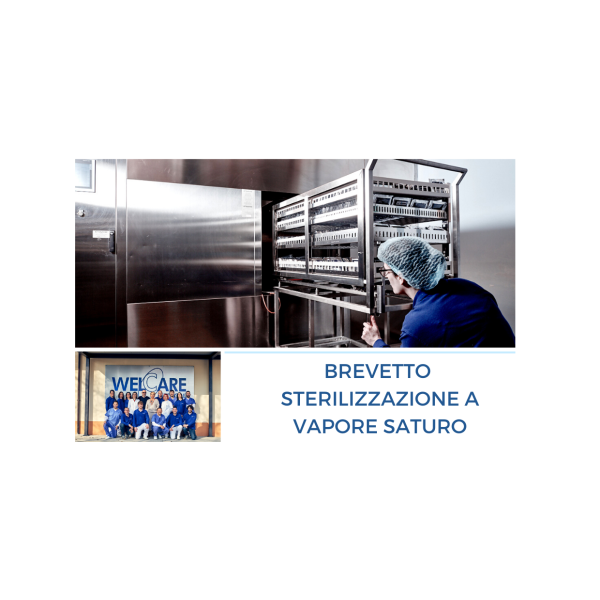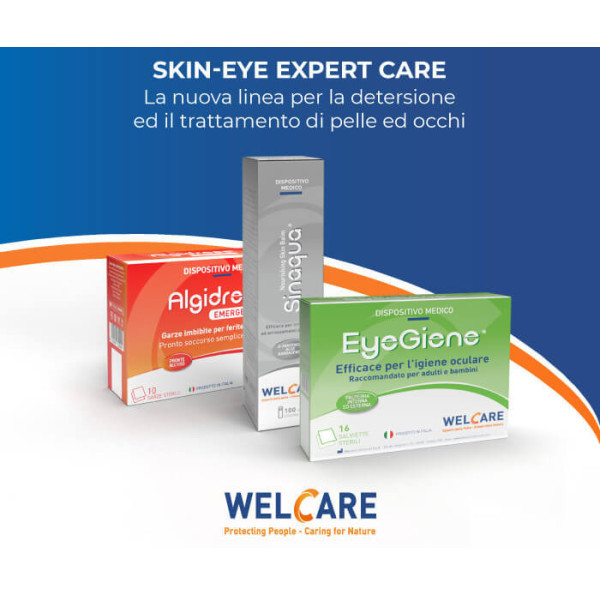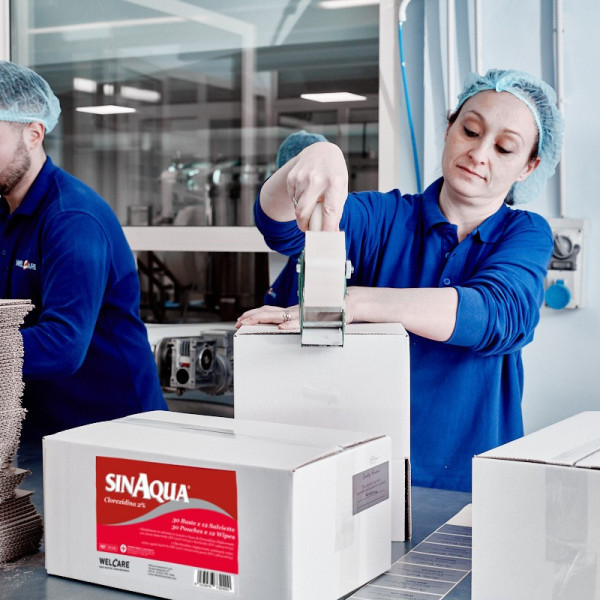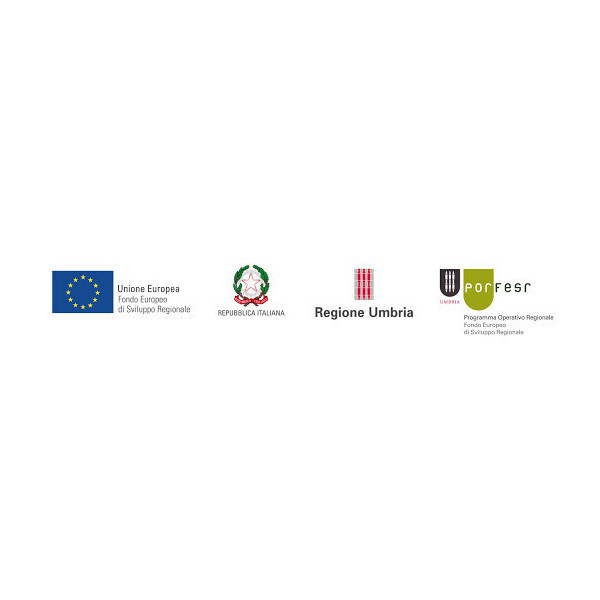World Patient Safety Day: a global health priority
On the first-ever World Patient Safety Day on 17 September 2019, World Health Organization (WHO) will launch a global campaign to create awareness of patient safety and urge people to show their commitment to making healthcare safer.
Every year, millions of patients suffer injuries or die because of unsafe and poor-quality health care. Many medical practices and risks associated with health care are emerging as major challenges for patient safety and contribute significantly to the burden of harm due to unsafe care. For example:
- Medication errors are a leading cause of injury and avoidable harm in health care systems: globally, the cost associated with medication errors has been estimated at US$ 42 billion annually (1);
- Health care-associated infections (HAIs) occur in 7 and 10 out of every 100 hospitalized patients in high-income countries and low- and middle-income countries respectively (2);
- Unsafe surgical care procedures cause complications in up to 25% of patients; almost 7 million surgical patients annually suffer significant complications, 1 million of whom die during or immediately after surgery (3);
Patients with invasive or monitoring devices (central lines, urinary catheters, ventilators) or who undergo surgical procedures are at risk of acquiring HAIs. HAIs result in significant patient illnesses and deaths (morbidity and mortality), prolong the duration of hospital stays, and necessitate additional diagnostic and therapeutic interventions, which generate added costs to those already incurred by the patient’s underlying disease.
However, the perception of the phenomenon is not yet sufficiently high among healthcare workers, thus resulting in a low level of intervention request and relative adequate responses.
World Patient Safety Day aims to be a good reminder to maintain a high patient safety culture in our hospitals.
Improving patient safety in today’s hospitals worldwide requires a systematic approach to combat antimicrobial resistance (AMR) and to prevent healthcare-associated infections (HAIs).
To meet the needs urged by the WHO on the World Patient Day, Welcare promotes its wide range of class I and II Medical Devices, regulated by European directives, for the prevention, the control and the treatment of Hospital Acquired Infections.
Mechanical therapy also allows total body cleansing and hydration of bed-ridden patients. The devices are pre-soaked with specific solutions with only pharmaceutical grade components, included a specific line with Chlorhexidine, that do not require the use of water, rinsing or drying. The devices can be used on all the body districts, even in case of inflamed, dehydrated or fragile skin, as well as on sensitive areas such as the periocular area and the mucous membranes.
Since 2001, Welcare Industries S.p.A. has been the first Italian company to provide an innovative procedure for the daily hygiene of the patient, thus reducing the risk of potential infections related to improper patient hygiene, as the traditional use of water and soap.
Welcare’s Medical Devices are though having in mind patients’ safety: that’s why we are proud to achieve the goals established by the WHO in global health standards and to celebrate World Patient Safety Day!
1. Aitken M, Gorokhovich L. Advancing the Responsible Use of Medicines: Applying Levers for Change. Parsippany (NJ): IMS Institute for Healthcare Informatics; 2012 (https://ssrn.com/abstract=2222541, accessed 26 July 2019).
2. Report on the burden of endemic health care-associated infection worldwide. Geneva: World Health Organization; 2011 (http://apps.who.int/iris/bitstream/handle/10665/80135/9789241501507_eng.pdf?sequence=1, accessed 26 July 2019).
13. WHO guidelines for safe surgery 2009: safe surgery saves lives. Geneva: World Health Organization; 2009 (http://apps.who.int/iris/bitstream/handle/10665/44185/9789241598552_eng.pdf?sequence=1, accessed 26 July 2019).
